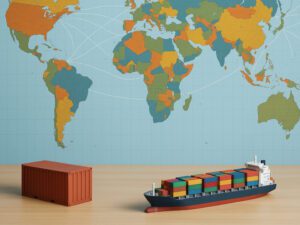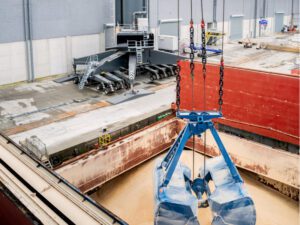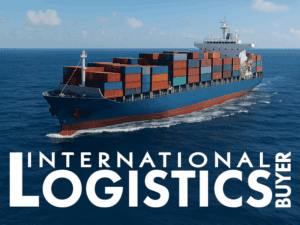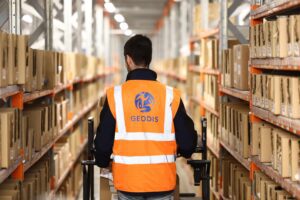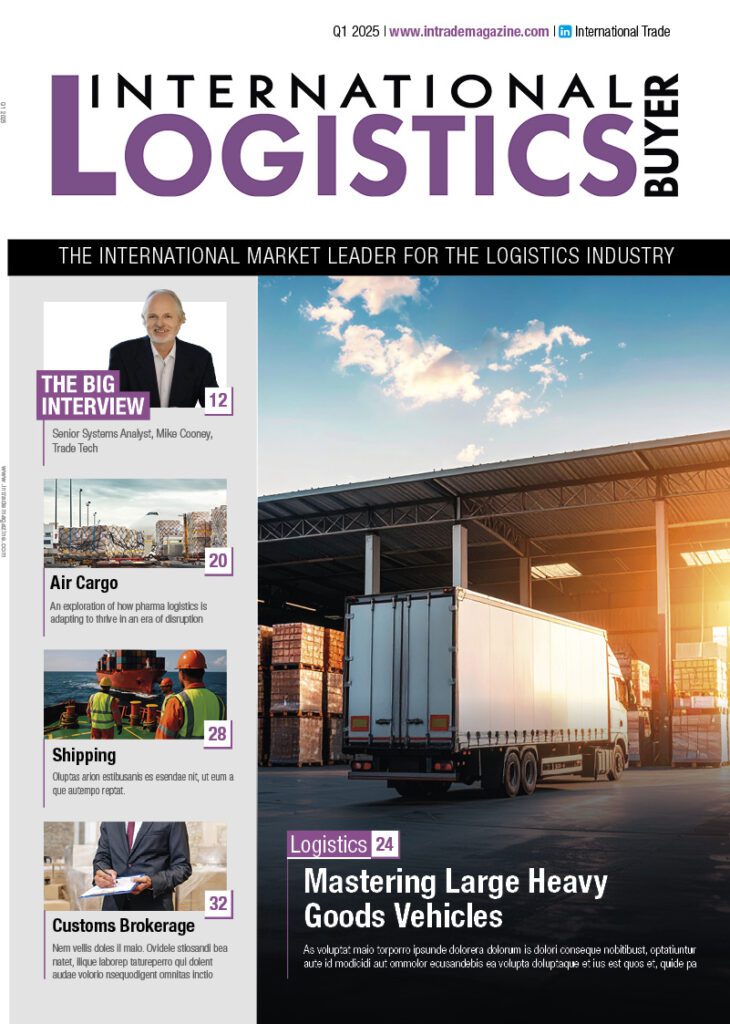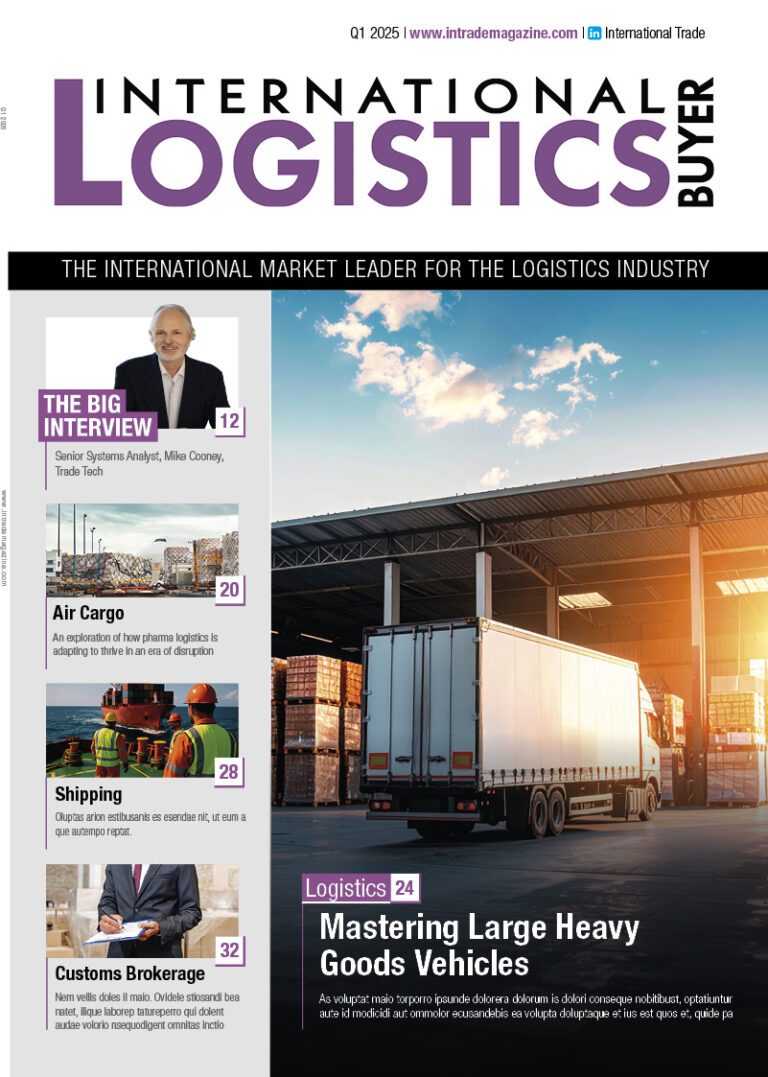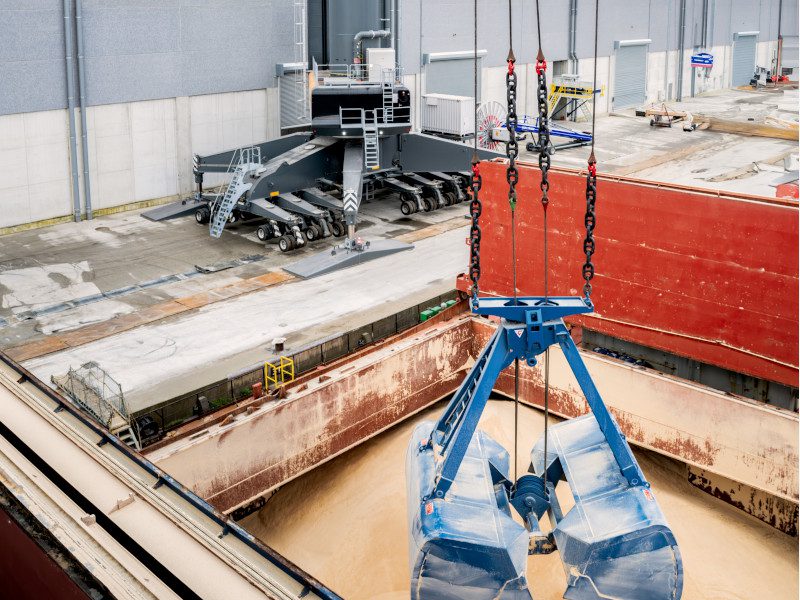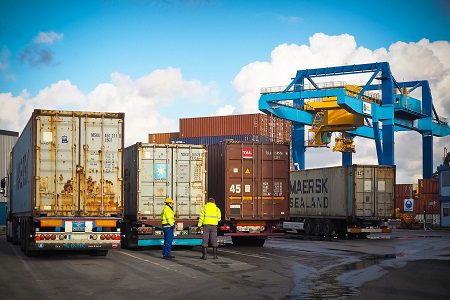As client expectations for near-instant solutions intensify, a sea change is happening in trade finance: the automation of key compliance pre-checks in order to reduce processing times and costs. Enno-Burghard Weitzel, Head of Product Management Trade Services, Commerzbank, explains how the bank – helped by a fintech partner – is heading towards a more digitalised future for its trade finance processes
Digitalisation is undoubtedly transforming the ways that banks service their clients. Take the payment space, where open banking and instant payments, to name but a couple of initiatives, have been near-revolutionary.
Despite being the lifeblood of global commerce, the same progress has not been witnessed, at least so far, in the processing of trade finance transactions. By nature a manual process, trade finance has largely remained this way for decades, if not centuries. And its constituent processes – risk controls, document checking and the notification of any discrepancies to clients – can be inefficient and costly.
Could the digitalisation of these paper-intensive processes address the problem? We at Commerzbank believe so – and the results may arrive sooner than some might have expected. The bank has partnered with a fintech, Conpend, to automate 80% of selected compliance relevant pre-checks for trade finance transactions, by 2020. This collaboration, in our view, serves not only keep pace with expanding regulatory requirements and heightening client expectations; it can also help to mitigate some risks present in trade finance processing.
Addressing today’s trade finance pain points
Reasonably, trade finance transactions require many regulatory checks, including anti-money laundering (AML) and Know Your Customer (KYC) stipulations – essential components for maintaining the integrity of global commerce.
Yet the constituent processes of trade finance processing can be cumbersome. Risk controls, for example, consist of financial crime checks, compliance checks, and credit and reputational risk controls. Each document is then manually checked by every involved party – each one replicating an already-laborious process. Despite this, the mechanics implementing these controls are largely unchanged – remaining manual, slow and, worse, still prone to error.
This means the industry is ripe for innovation, however. Using Conpend’s innovative trade finance solution, Commerzbank has begun to automate crucial selected compliance relevant checks. By 2020, it is expected that 80% of selected compliance pre-checks in the processing stage will be automated – optimising risk control procedures while making the entire process cheaper, quicker, and more efficient.
To put this into perspective, the Uniform Customs and Practice for Documentary Credits (UCP) currently provides a five-day window for transactions to be completed, while automation can reduce this to mere seconds.
The collaboration began in early 2018, with the pilot phase going live at the beginning of October. Since then, the first compliance checks involved in anti-money laundering processes have been automated. And following an evaluation, the remainder will likely be included in a 2019 rollout – accompanied by document checking and communication processes. So how precisely does this work? Commerzbank’s existing trade finance infrastructure is connected to Conpend’s solution via an application programming interface (API) – allowing the creation of a detailed, integrated audit trail. What’s more, the software’s unique combination of optical character recognition (OCR) and progressive machine learning allows it to constantly improve its identification of potentially non-compliant transactions.
Should a transaction prove non-compliant it can be passed on to a human for inspection. Importantly, the AI framework’s progressive learning capabilities means the software can learn, predict, and eventually mimic the human processor’s decisions. We believe this has gone a long way in creating a comprehensive solution: one capable of handling the massive variation and depth involved in trade processing.
A proven step
Key banking processes, such as credit decisions and fund transfers, have already made the successful transition to automation. For trade finance, it is a matter of taking proven techniques of rule-based decision making and putting them into practice – representing a largely risk-free move that will have a near-revolutionary impact on not only banks, but clients also.
Trade finance processing: mere seconds away?
About Logistics Buyer
International Logistics Buyer is the leading authority in global logistics and supply chain content, delivering expert news, in depth articles, exclusive interviews, and industry insights across print, digital, and event platforms. Published 10 times a year, the magazine is a trusted resource for professionals seeking updates and analysis on the latest developments in the logistics sector.
To submit an article, or for sponsorship opportunities, please contact our team below.

Chris Lingham
Group Sales Manager

Afua Akoto
Marketing Manager
Read the Latest Issue
Follow us on LinkedIn
Follow us on LinkedIn
Click HereAdvertise here
Reach decision makers and amplify your marketing

